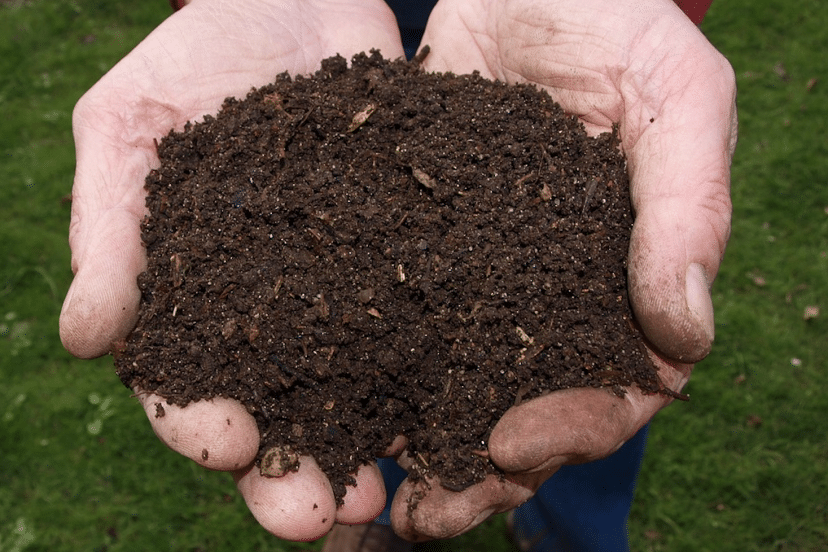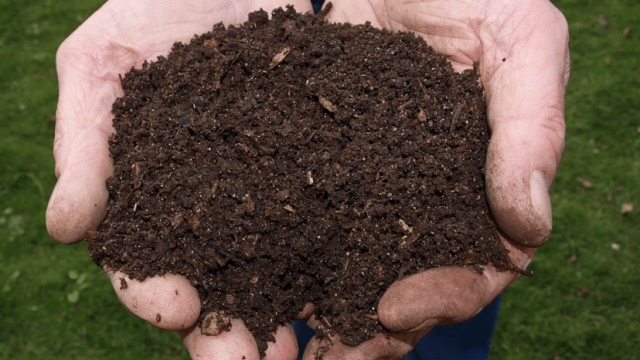Nurturing Growth: Unveiling the Power of Organic Soils and Fertilizers
In an increasingly eco-conscious world, the importance of organic farming practices cannot be overstated. Organic soils and fertilizers have emerged as powerful allies for nurturing growth and promoting sustainability in agriculture. By harnessing the natural processes and resources available to us, we can unlock the potential of our soil and enhance both the quality and quantity of our crop yields.
Organic soils are the foundation upon which successful organic farming thrives. These soils are rich in organic matter, which is essential for providing plants with the necessary nutrients they need to grow and flourish. Instead of relying solely on synthetic fertilizers, organic soils naturally replenish and maintain the balance of nutrients through the decomposition of organic materials.
Going beyond conventional farming methods, organic fertilizers play a crucial role in maximizing the fertility of these soils. Composed of natural ingredients like compost, manure, and plant-based materials, organic fertilizers offer a sustainable alternative to chemical-based counterparts. Not only do they provide essential nutrients, but they also improve the soil structure, enhance water retention, and promote beneficial microbial activity.
Understanding the power of organic soils and fertilizers is key to unlocking the full potential of our crops. By embracing these natural and environmentally-friendly practices, we not only safeguard our soil health but also contribute to the overall well-being of our planet. Join the movement towards sustainable agriculture and let organic soils and fertilizers pave the way for a greener and more productive future.
Benefits of Organic Soils
Organic soils provide numerous advantages for gardeners and farmers alike. Firstly, these soils are rich in essential nutrients that play a vital role in plant growth and development. Unlike synthetic alternatives, organic soils contain natural sources of nitrogen, phosphorus, and potassium, which are released slowly over time, ensuring a steady supply of nutrition for the plants.
Secondly, organic soils have excellent water-holding capacity. This means that they can retain moisture for longer periods, reducing the need for frequent irrigation. This feature not only conserves water but also helps plants withstand periods of drought, ensuring their survival in challenging conditions.
Lastly, organic soils promote biodiversity and eco-friendly gardening practices. They support beneficial microorganisms and earthworms that improve soil structure and nutrient cycling. By nurturing this natural ecosystem, gardeners create a harmonious environment where plants can thrive without the use of harmful chemicals or pesticides.
In conclusion, utilizing organic soils brings an array of benefits, including nutrient-rich composition, enhanced water retention, and the support of a diverse ecosystem. These advantages not only contribute to the overall health and growth of plants but also align with sustainable and environmentally-friendly gardening practices.
Advantages of Organic Fertilizers
Organic fertilizers have become increasingly popular among gardeners and farmers due to their numerous advantages. These natural plant nutrients offer several benefits over synthetic alternatives, ensuring healthier crops and a more sustainable approach to farming.
Firstly, one of the key advantages of organic fertilizers is their ability to improve soil structure. These fertilizers contain organic matter that enhances soil texture, allowing for better water retention and drainage. By improving soil structure, organic fertilizers provide a favorable environment for the growth and development of plant roots, leading to stronger and more resilient plants.
Secondly, organic fertilizers release nutrients slowly and steadily, ensuring a consistent supply of essential elements for plants. Unlike chemical fertilizers that often deliver a rapid nutrient rush, organic fertilizers promote balanced nutrient uptake. This gradual release not only minimizes the risk of nutrient leaching but also reduces the likelihood of nutrient imbalances in the soil, optimizing plant growth and minimizing environmental impact.
Lastly, organic fertilizers support the long-term health of the soil ecosystem. They promote the growth of beneficial microorganisms and earthworms, which play crucial roles in soil fertility and nutrient cycling. These organisms help break down organic matter into forms that plants can readily absorb while improving soil structure. By nourishing the soil ecosystem, organic fertilizers contribute to the overall sustainability and resilience of the agricultural system.
In conclusion, organic fertilizers offer several advantages that make them a valuable option for farmers and gardeners. They enhance soil structure, provide a steady and balanced nutrient supply, and support the health of the soil ecosystem. By harnessing the power of organic soils and fertilizers, we can foster sustainable growth and contribute to a greener, healthier planet.
Tips for Nurturing Growth with Organic Practices
In order to optimize growth using organic soils and fertilizers, there are a few key tips to keep in mind.
Firstly, it is essential to start with high-quality organic soil. Look for soil that is nutrient-rich and free from chemicals or synthetic additives. This will provide a healthy foundation for your plants to thrive and grow.

Secondly, regular and proper composting is crucial. Composting not only reduces waste but also creates nutrient-rich organic matter that can be used as fertilizer. By using compost, you can naturally enrich the soil and promote a thriving ecosystem for your plants.
Lastly, be mindful of the timing and quantity of fertilizer application. Organic fertilizers release nutrients more slowly compared to synthetic alternatives, so it is important to apply them at the right time and in the right amounts. Too much fertilizer can harm plant growth, so always follow the recommended guidelines.
By following these tips, you can harness the power of organic soils and fertilizers to nurture optimal growth for your plants.




